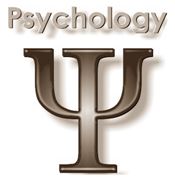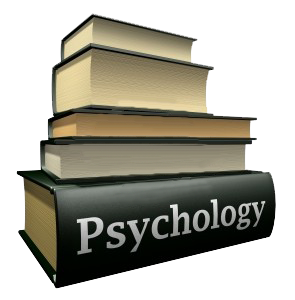|
|
|

|
Ψ Motivation
- Theories - Needs -
|

|
|
Motivation - the psychological feature that arouses an organism to action toward a desired goal; the reason for the action; that which gives purpose and direction to behavior.
Characteristics of motivation: You are energized, directed, and you have differing intensities of feelings about reaching your goal.
Theories of Motivation:
Instinct theory - An instinct is an innate biological force, which commands the organism to behave in a particular way. The main advocate of the instinct theory was the psychologist McDougall. He hypothesized that all thinking and behavior is the result of instincts, which are fixed from birth, but which can be adjusted by learning and experience.
Activation of the brain's reward / pleasure center (Drive-reduction theory) - behavior occurs in response to "drives" such as hunger, thirst, sexual interest, feeling cold, etc. When the goal of the drive is attained (food, water, mating, warmth) the drive is reduced, at least temporarily. This reduction of drive serves as a reinforcer for learning. Thus learning involves a dynamic interplay between survival drives & their attainment (Clark Hull).
Incentive theory - Incentives have two common features:
1. They can be either thoughts or objects.
2. Their value can change over time.
Cognitive theory - We do things to satisfy personal beliefs or meet personal goals (intrinsic motivation) & we do things to reduce biological needs or to obtain incentives or external rewards (extrinsic motivation).
 Maslow's Hierarchy of Needs Maslow's Hierarchy of Needs

From lowest to highest:
Physiological (biological) needs - This includes things such as food, water, and oxygen. This need is one of the strongest motivators. This need has two unique features: 1) it can be completely or overly satisfied, and 2) it is a reoccurring need.
Safety needs - Stability, dependency, physical security, and freedom from illness, anxiety, and danger are just a few things we seek. The need for law and order also falls under the heading of safety.
Love & belongingness needs - The need for love, friendship, a mate, a family, and the need to belong to a club, nation, or neighborhood mark this level.
Esteem needs - Maslow defined two levels of esteem needs -- self-esteem and reputation. Self-esteem is a person's own feelings of worth and confidence, whereas reputation is based on recognition and prestige that is reflective of other people's opinion. Most people desire to be confident in their own eyes rather than in other's.
Self-actualization- the process of establishing oneself as a whole person, able to develop one's abilities and to understand oneself.
|













